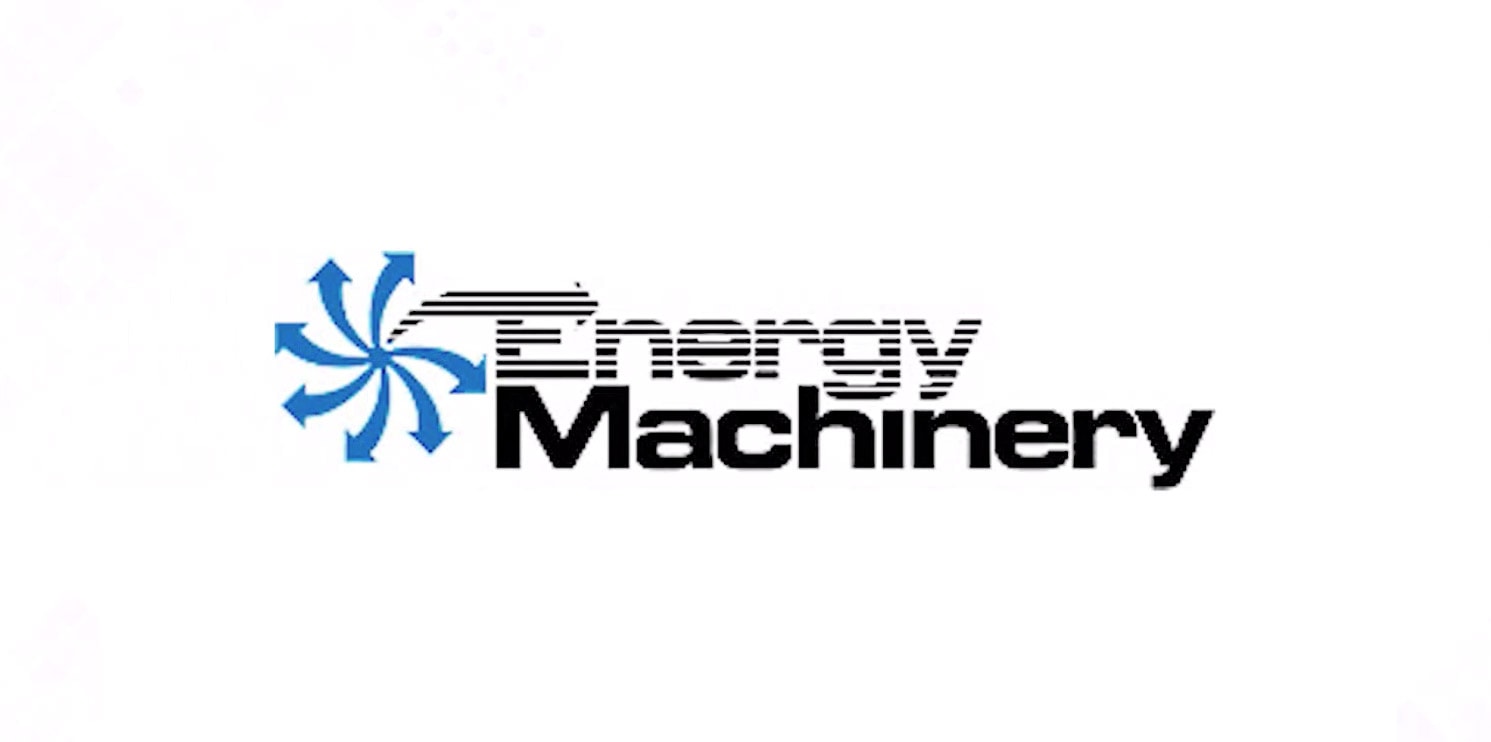Oil Lubricated Air Compressor
Oil Lubricated Air Compressor
An air compressor converts the power from a gas or electric motor into pressurized air—more commonly known as compressed air—and then releases the pressurized air through discharge valves to support a variety of uses.
The basic air compressor design is fairly simple to understand. Air is brought into a chamber by means of intake valves and subsequently compressed, either by means of an up-and-down pumping action (as in reciprocating piston compressors) or a centrifugal spinning action (as in rotary vane compressors).
There are several types of air compressors available on the market today, including:
- Rotary screw air compressors
- Scroll air compressors
- Rotary vane air compressors
When it comes to lubrication, compressors generally fall into one of two categories: oil-lubricated or oil-free. This blog post will discuss oil-lubricated air compressors and provide a comparison between them and their oil-free counterparts.
What Is an Oil-Lubricated Air Compressor?
As the name implies, an oil-lubricated air compressor uses lubricating oil to keep its piston or rotary element free of unnecessary friction and in top operating condition. The oil is also an important component in reducing heat and maintaining energy efficiency within the air compressor.
Oil-lubricated air compressors can be grouped into splash or pressure designs. Splash systems deliver the lubricating oil to the compressor’s moving parts by means of rotating dippers that throw the oil up from a reservoir, while pressure systems utilize an oil pump to deliver consistent lubrication throughout.
Oil-Lubricated Air Compressors vs. Oil-Free
Lubricated and oil-free air compressors each have advantages and drawbacks. The following is a brief overview of the pros and cons associated with each design.
Pros and Cons of Oil-Lubricated Air Compressors
- Oil-lubricated compressors are able to handle higher pressure capabilities than their oil-less counterparts.
- Generally, oil-lubricated models are more durable than oil-free designs.
- Lubricated compressors are the preferred choice in working conditions with extreme heat and/or humidity.
- Oil-lubricated compressors require more regular maintenance to check and/or change the lubrication.
- Oil-based models are heavier—and therefore less portable—than oil-free compressors.
- Oil-lubricated compressors ultimately release some oil contaminants into the air.
Pros and Cons of Oil-Free Air Compressors
- Oil-free compressors are light-weight and more portable than oil-lubricated models.
- Oil-less compressor models are typically maintenance-free.
- Generally, oil-free compressors are quieter than oil-lubricated designs.
- Oil-free compressors don’t have the same high-pressure capabilities as oil-lubricated compressors.
- They are less corrosion-resistant than oil-lubricated models.
- Some oil-free models do not last as long as their oil-lubricated counterparts.
Air Compressor Lubricating Oil
At Energy Machinery, we offer a number of lubricating oil products for air compressors, such as:
- Lubricant AEON®9000SP. This synthetic lubricant/coolant blend is primarily designed for rotary screw air compressors and has been proven to provide superior operational results and service durability.
- AEON Compressor Lubricants. Our catalog of petroleum-based and synthetic lubricants help to mitigate the compressional friction within rotary screw and reciprocating air compressors alike.
- AEON Compressor Fluids. These compressor fluids come in a variety of types and sizes to fit specific lubrication needs.
All of our compressor lubricants have been thoroughly tested and proven to yield exceptional results. We are more than happy to help each and every one of our customers find the best product for his specific model of air compressor.
Oil-Lubricated Air Compressors at Energy Machinery
In summary, both oil-lubricated and oil-free air compressors have unique capabilities, advantages, and drawbacks. Whether working with an oil-lubricated rotary screw, scroll, or rotary vane models, it is vital to feed the correct type and amount of oil into the system for best results.
If you are interested in learning more about oil-lubricated air compressors or have questions about our catalog of air compressors and lubricants, please contact us today.







